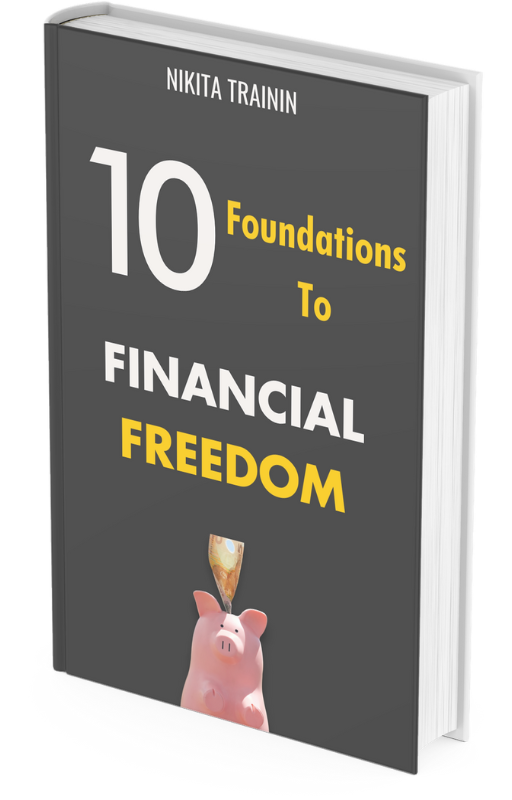

Financial Adviser
We all use the term “budget” or “budgeting” widely, but what does it mean? The origin of the word “budget” has an interesting history. It is derived from the French term “bougette,” which means “little leather bag. “The word “budget” was first used in a financial sense in the 18th century as sarcasm aimed at the British finance minister. But despite its humorous origin, people use “budget” as a noun to describe a spending plan or a verb as an activity. Today we say that we budget our time, attention, calories, and money. Source: https://www.tillerhq.com/the-fascinating-meanings-hidden-in-the-word-budget/
So to budget is simply to create a plan to track your income and expenses so that you can make informed decisions about how to best use your money to achieve your financial goals. Everyone has to budget, but not everyone budgets the same way.
Different budgeting methods work for different people, depending on their income, spending habits, and goals. Here is a comparison of some popular budgeting methods to help you find the one that works best for you.
Pay yourself first: With this method, you save and invest first, before paying any other bills or expenses. This ensures that you are prioritizing your financial well-being first and foremost. This way, you’re guaranteed to save something every time you get paid—even if your income is unpredictable.
The 50/30/20 rule: This rule of thumb dictates that you should spend 50% of your income on essentials like housing and food, 30% on discretionary items like entertainment and travel, and 20% on savings and debt repayment. This method is helpful because it is easy to remember and implement. But it can be difficult to stick to because it doesn’t allow much room for unexpected expenses.
The envelope system is one of the oldest and most popular budgeting methods. With this system, you would set aside cash for each category of your budget (e.g. groceries, entertainment, etc.) in separate envelopes. Once the cash in an envelope is gone, you would not spend any more money in that category until the next month. This system can be helpful because it helps you to see exactly how much money you have to spend in each category. It can also be difficult to stick to because it requires you to carry around a lot of cash.
Reverse Budget: This works for people who are not so good with keeping track of the budget. After money coming in they pay fixed expenses that they know are going to come. The remaining amount is split into different discretionary spending like going out, entertainment or shopping. So if they have $300 left in their account for example, they can only spend that amount. It helps them to be selective with their spending choices.
The matter of fact is its mostly the variable expenses that we get caught with, not the fixed. So if go coffee here and lunch out there, all of a sudden it adds up and easily overspent.
Budgeting is an important tool that can help you take control of your finances. There are many different budgeting methods out there, so find one that best suits your needs and stick with it! Remember, the most important thing is to start budgeting today so that you can reach your financial goals tomorrow.
© Copyright 2022. Niktrainin | Privacy Policy

